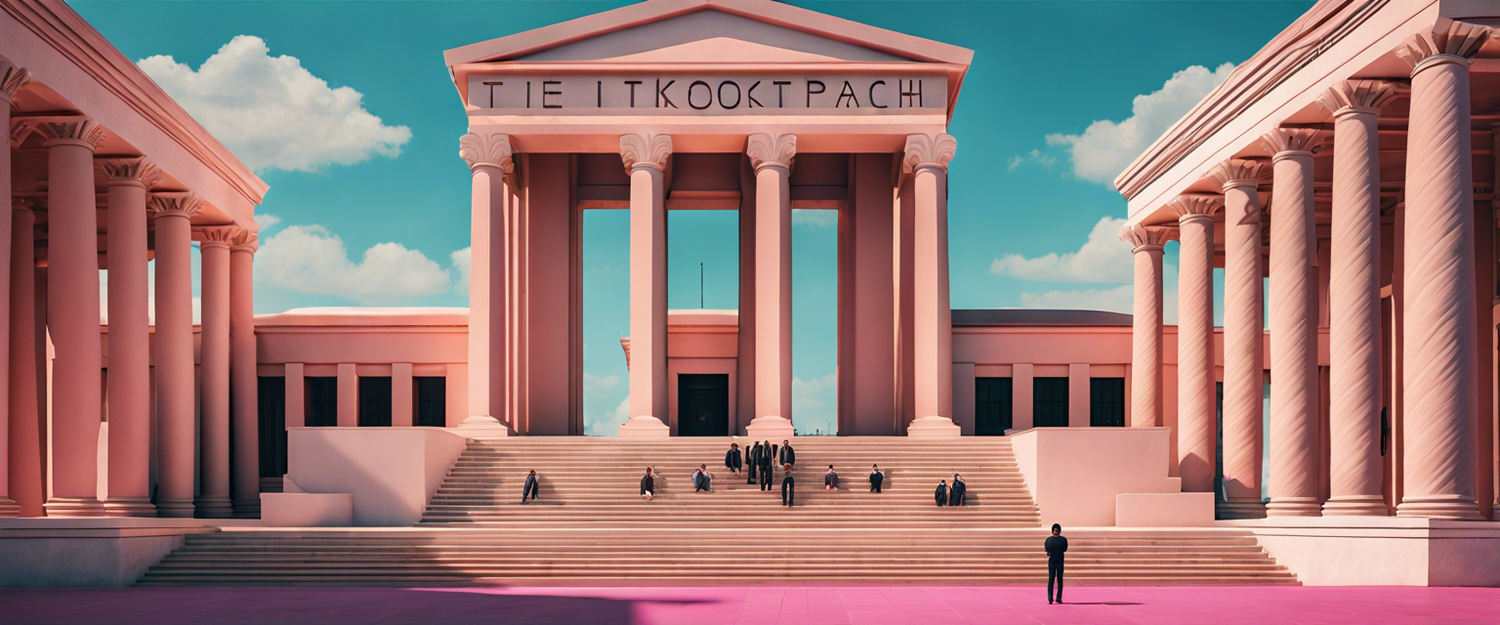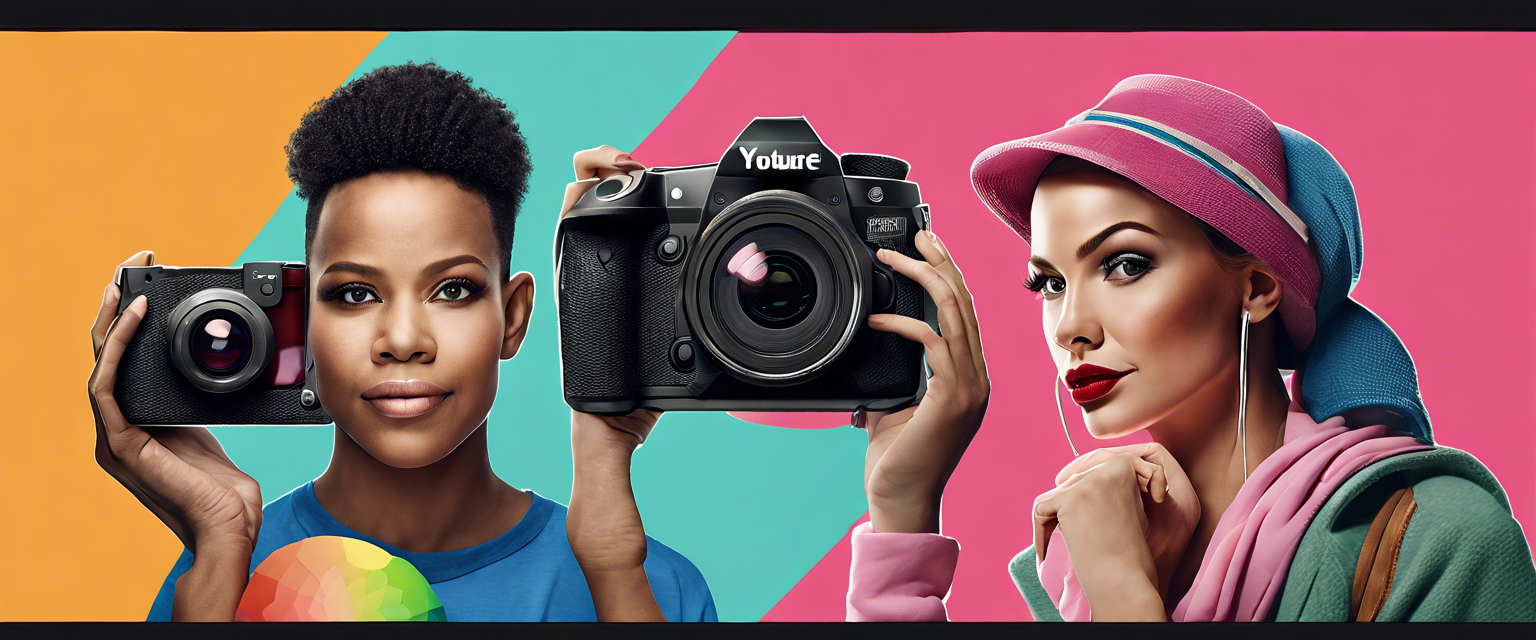The TikTok Ban: A Controversy Over Free Speech
As the debate over TikTok's potential ban intensifies, civil society groups have taken a stand. Prominent organizations such as the American Civil Liberties Union (ACLU), the Electronic Frontier Foundation (EFF), and the Knight First Amendment Institute are calling on the Supreme Court of the United States (SCOTUS) to intervene.
Background of the TikTok Controversy
TikTok, a popular social media platform, has faced scrutiny from the U.S. government due to concerns over data privacy and national security. Recent legislative efforts could lead to a ban on the platform as part of a broader approach to control foreign technology. However, the implications of such a ban extend far beyond data security; they touch on crucial issues of free speech and expression.
Civil Society's Plea to the Supreme Court
The civil liberties organizations have filed an amicus brief in the case of TikTok v. Garland, urging the Supreme Court to halt the implementation of a law that could result in a TikTok ban by January 19th. In their brief, they emphasized that the proposed law represents a "sweeping ban on free expression," arguing that it fails the rigorous scrutiny required under the First Amendment.
Why This Case Matters
The argument presented by the ACLU, EFF, and Knight First Amendment Institute highlights the precarious balance between national security interests and the fundamental right to free speech. By attempting to restrict access to TikTok, the government risks setting a precedent that could threaten other forms of digital communication and expression.
Key Points from the Amicus Brief
- Free Expression Challenges: The groups contend that banning TikTok would disenfranchise millions of users and infringe upon their right to free expression.
- Legal Precedent: They point to historical legal precedents that underscore the importance of protecting free speech, even in cases involving foreign technology.
- Call to Action: The organizations urge the Court to recognize the implications of the law on democratic values and civil liberties.
The Implications of a TikTok Ban
A potential TikTok ban could have far-reaching consequences. Not only does it affect millions of users who rely on the platform for creative expression and social connection, but it could also lead to increased censorship of online platforms. Moreover, it could signal a troubling trend toward more restrictive policies regarding digital communication.
What’s Next?
As the Supreme Court grapples with this case, the outcome will have significant implications for the future of social media regulation and the protection of free speech rights. Legal experts and civil liberties advocates will be watching closely as this situation unfolds.
Conclusion
The pushback against the TikTok ban by civil society organizations underscores the ongoing struggle between government regulation and individual rights. The Supreme Court's decision will be pivotal in determining how these issues are navigated in the digital age.
For more information on this topic, you can read the full amicus brief at the Supreme Court’s official website: SCOTUS - TikTok v. Garland.



Hinterlasse einen Kommentar
Alle Kommentare werden vor der Veröffentlichung geprüft.
Diese Website ist durch hCaptcha geschützt und es gelten die allgemeinen Geschäftsbedingungen und Datenschutzbestimmungen von hCaptcha.